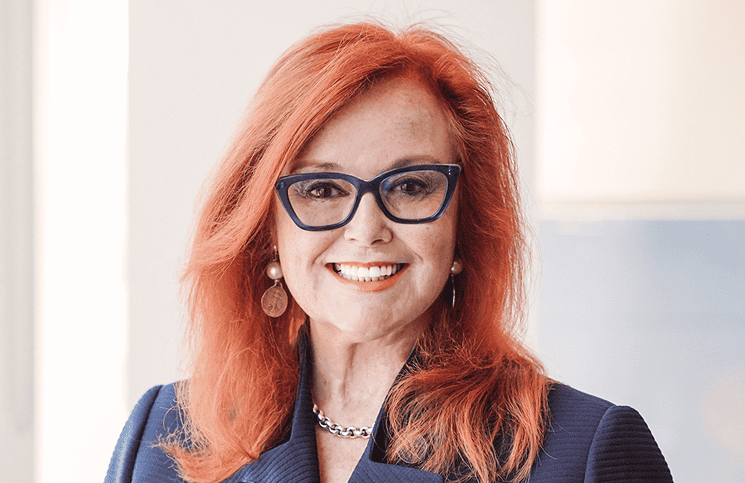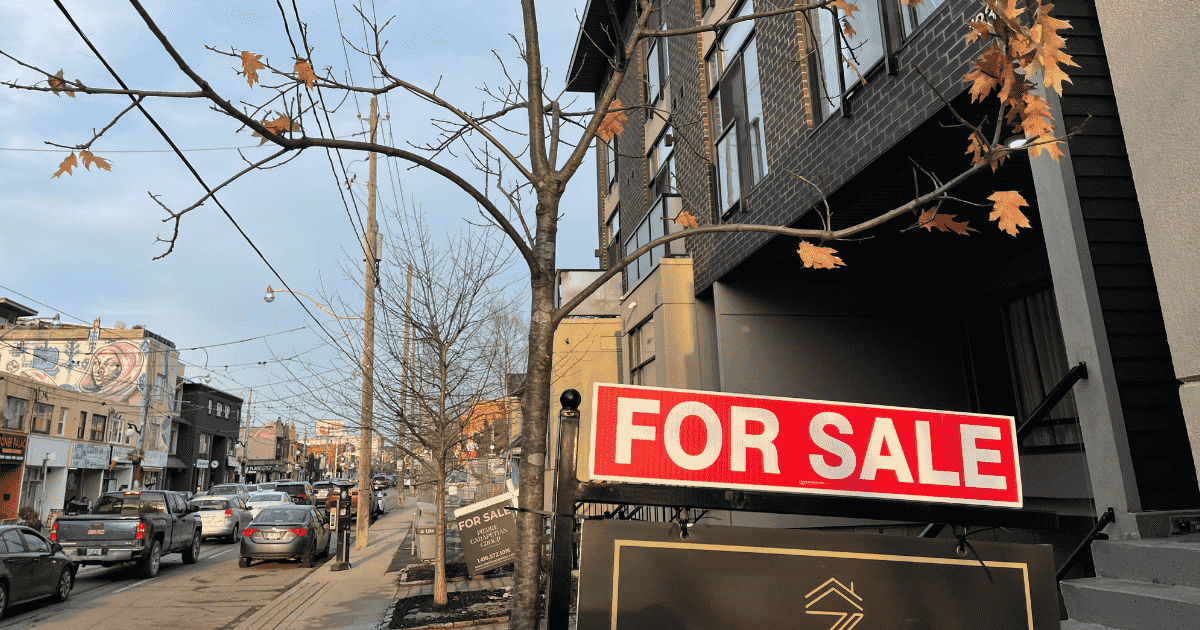In January and February of 2020, the Toronto real estate market “was on fire. We were thinking we were heading into our biggest year ever. In March, everything just stopped,” says Barbara Lawlor of Baker Real Estate Incorporated, which specializes in pre-construction residential and condominium sales. “But we pivoted.”
They were selling face to face, with large events, packing movie theatres with brokers for building launches. “Sometimes lines were around the block to attend,” she says. “We set about taking every development and putting all of the materials into a virtual package and sold online to the same brokers.”
She says the company developed working virtually to a fine point and by July 2020 were able to mimic the success they would have had pre-COVID with face-to-face sales.
“We held Zooms – everything from one on one to several hundred on one. It was quite amazing how buyers responded.”
Baker Real Estate sold 380 units in an east Toronto neighbourhood and a 57-storey tower with 800 units in Mississauga, each in a two-week period.
“COVID contributed to the boom. It’s sad and tragic what happened during COVID but it changed (people’s) thoughts of home. Before, it was breakfast, commute to the city to the office, commute and go home. Home was not the focal point. We were all forced to stay home and take a whole new view, which was good for the real estate industry.
“Some people were able to save money and that translated into a real estate boom,” Lawlor says.
New construction offers buyers, especially first-timers, an opportunity to get into the market. “With a resale transaction, you buy and close the deal in 30 to 90 days, but with new construction it is three to five years down the road on highrises. That gives buyers time to save money. They can take advantage of the lengthy building process. It’s the only affordable way in (to the housing market).
“They put down a 15-per-cent deposit, spread out over 18 to 24 months depending on the stage of construction and five per cent at occupancy. It’s good for first-time buyers. We’ve had an influx of millennials, 25-40 years. Younger people have come into the market with the help of parents and family. Parents are giving now instead of bequeathing money. There’s been an increase of five per cent in that cohort from previous year, which translates to at least 500 buyers,” she says.
Real estate continues to be a good investment, “powerful for investors and end-users,” she says. “In December investors started coming back downtown and when immigration is back, demand will grow. We will see an influx,” Lawlor says. “There’s worldwide interest and with the return of foreign students to universities, it will bring the focus back to the city. I believe personally, and history supports, that people are drawn to cities. The city will see a change in the next few months,” she predicts. “We’re in transition and there is an air of optimism.”
Dublin-born and raised Lawlor came to Canada in her 20s. “Pure adventure brought me here. I identify with newcomers, coming to another country and believing in a brighter future.”
She says she has always had a fascination with architecture, which led her to real estate. “Now the Toronto skyline has changed and we’ve become a world-class city. I’m excited to drive around Toronto and say, ‘I sold that’.”
Baker Real Estate has sold more than 100,000 units and generated more than $80-billion in new home sales since 1993. It represents many of the biggest developers in Toronto, Montreal and Vancouver. It provides consulting on all aspects of development.
Connie Adair is a contributing writer for REM.

















